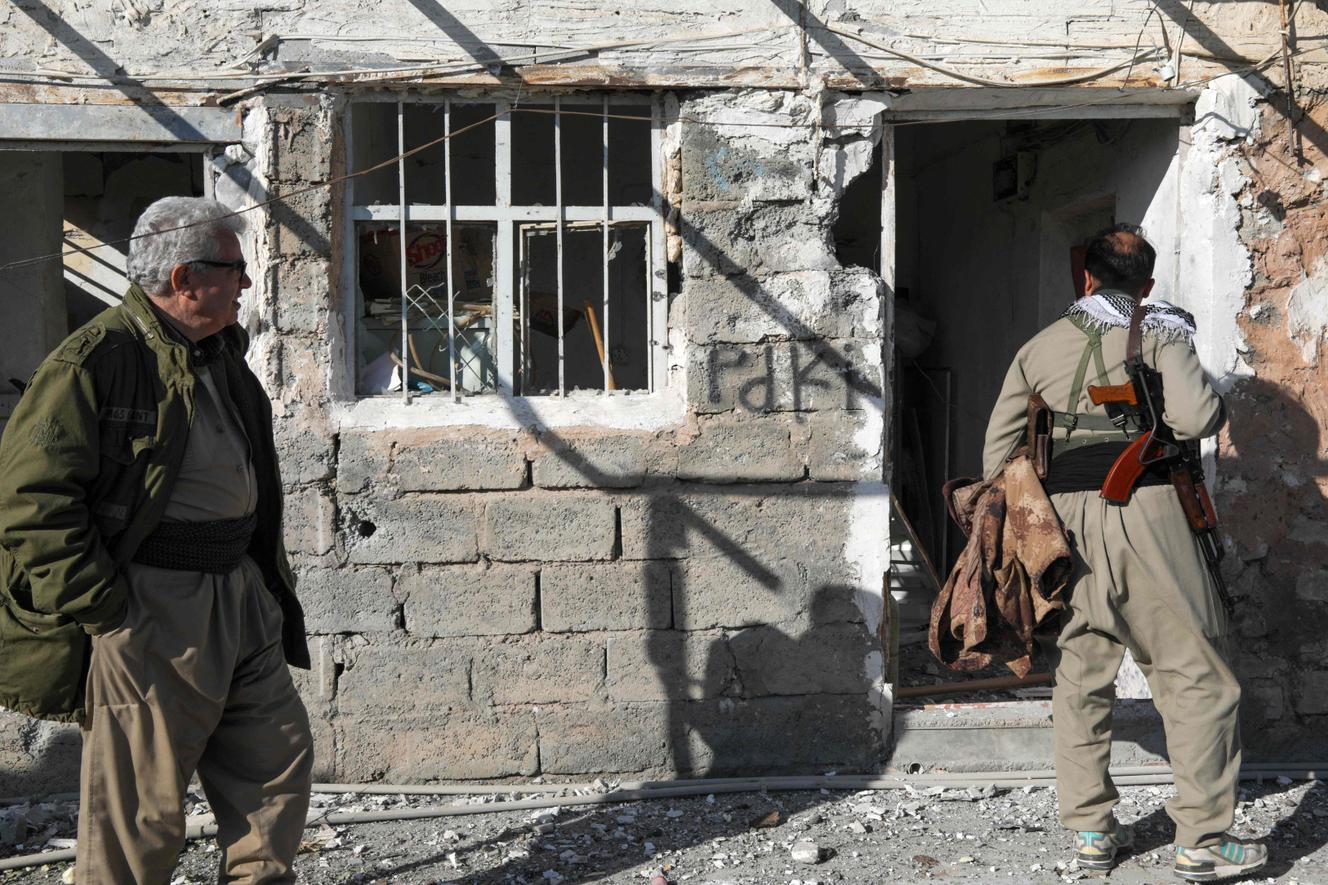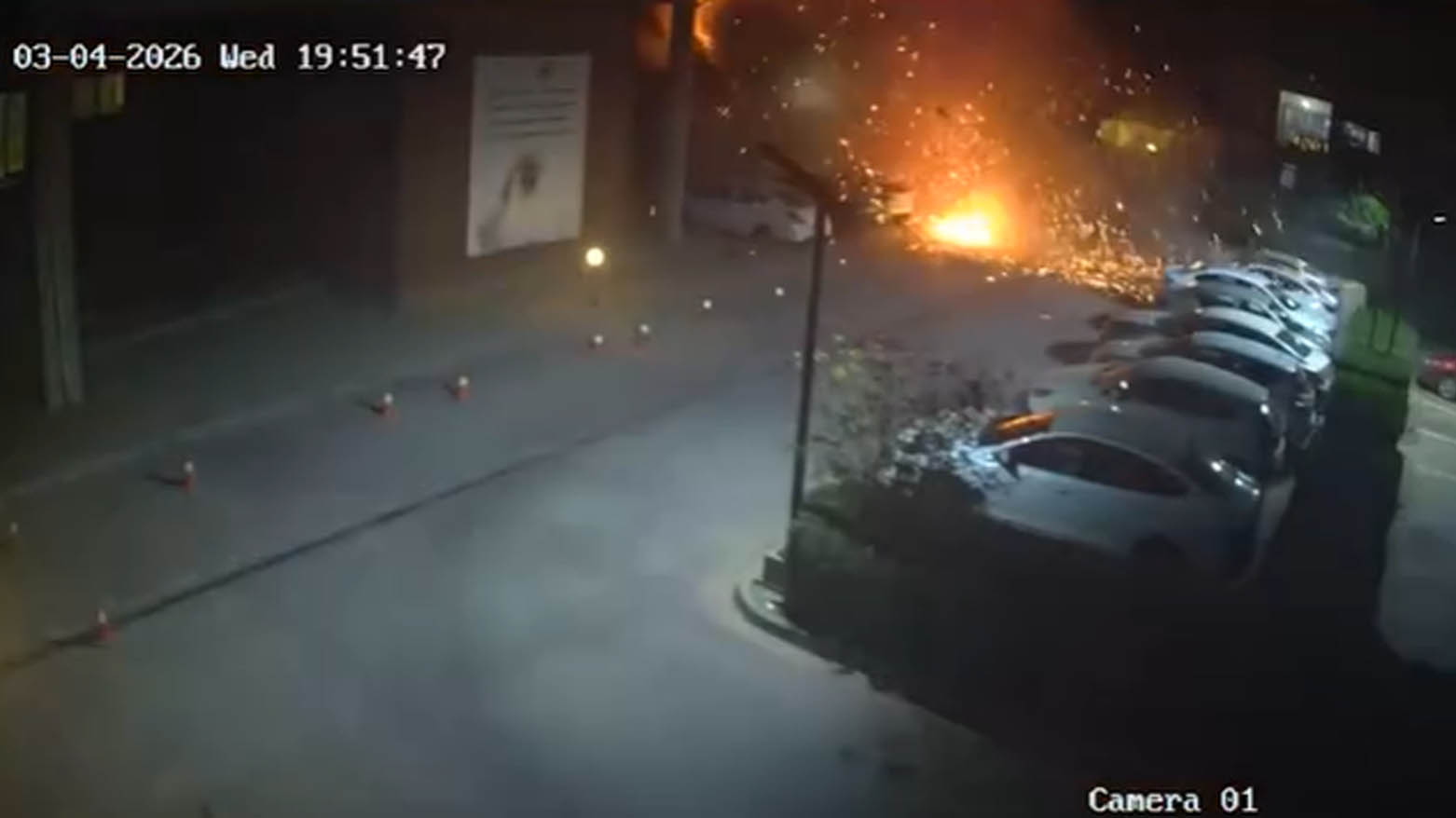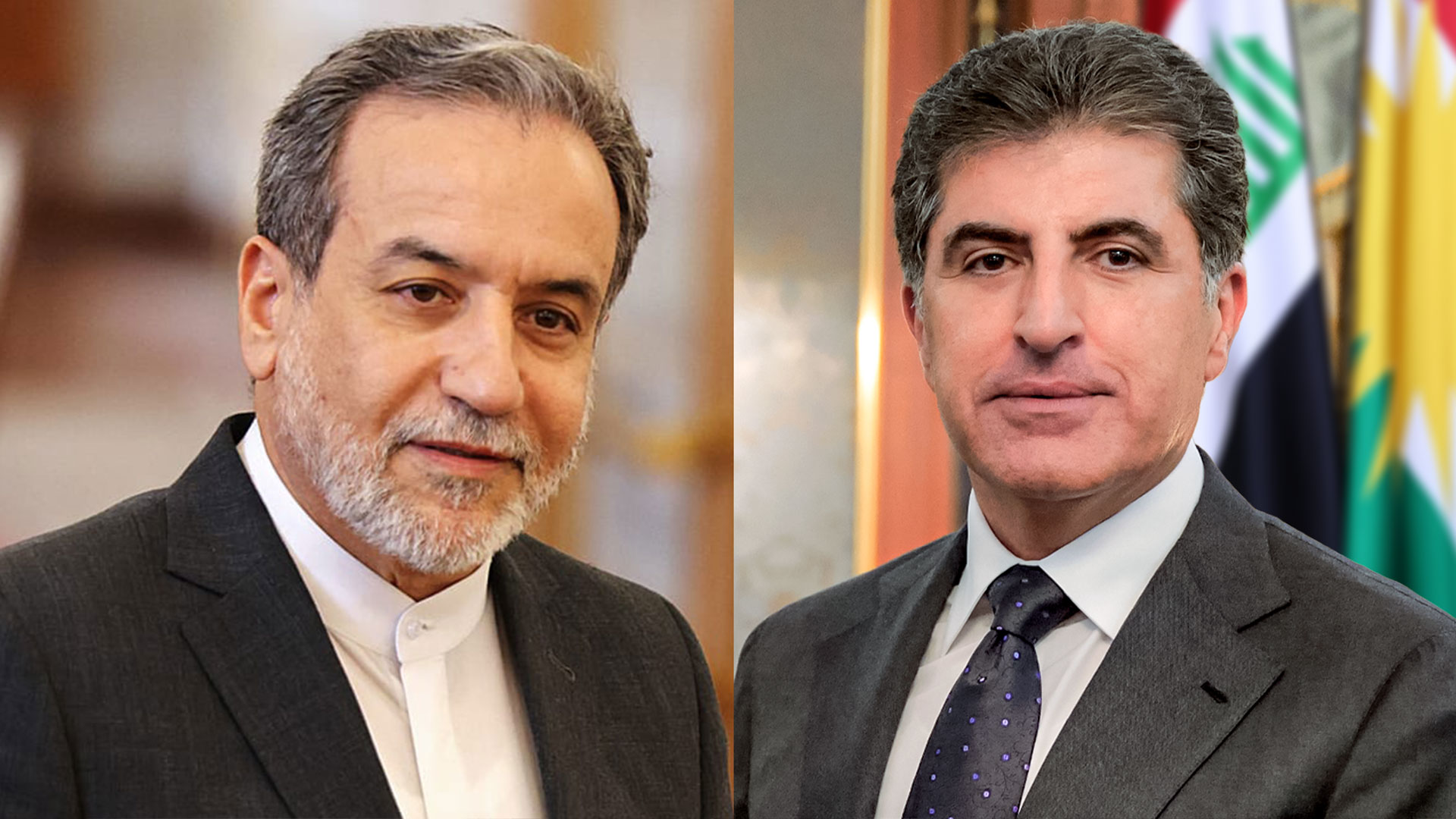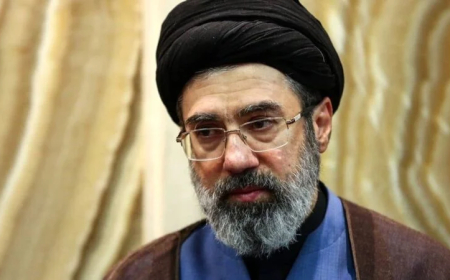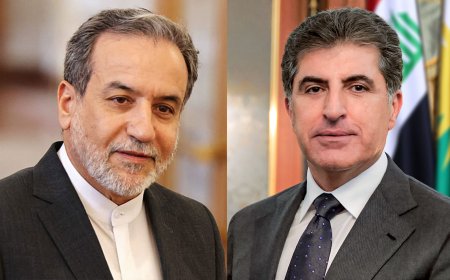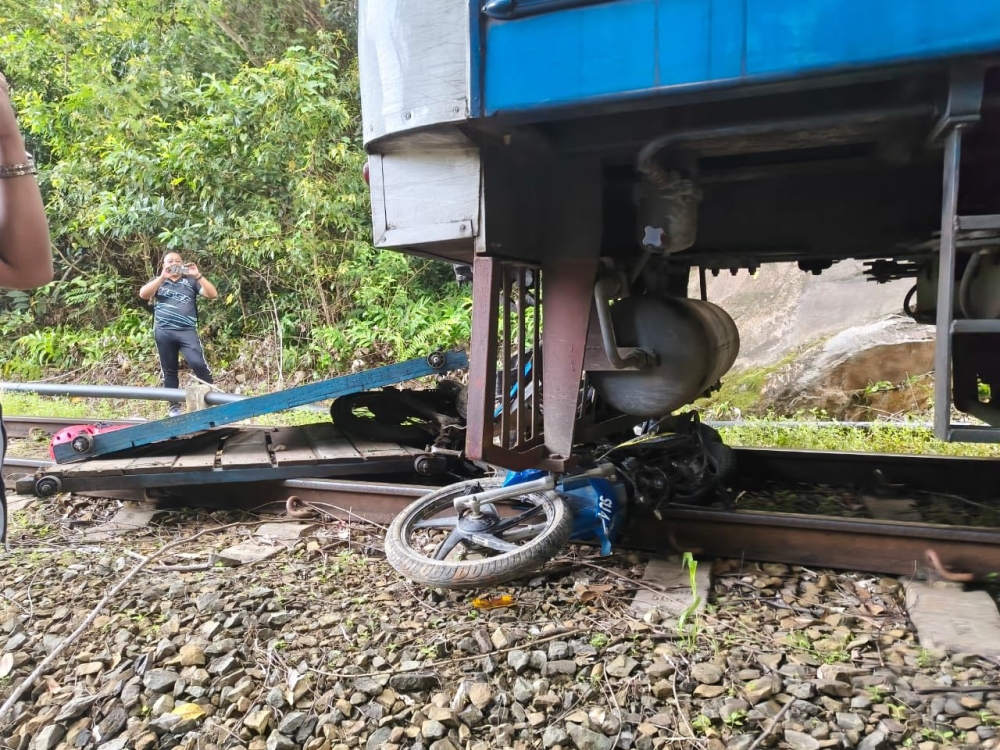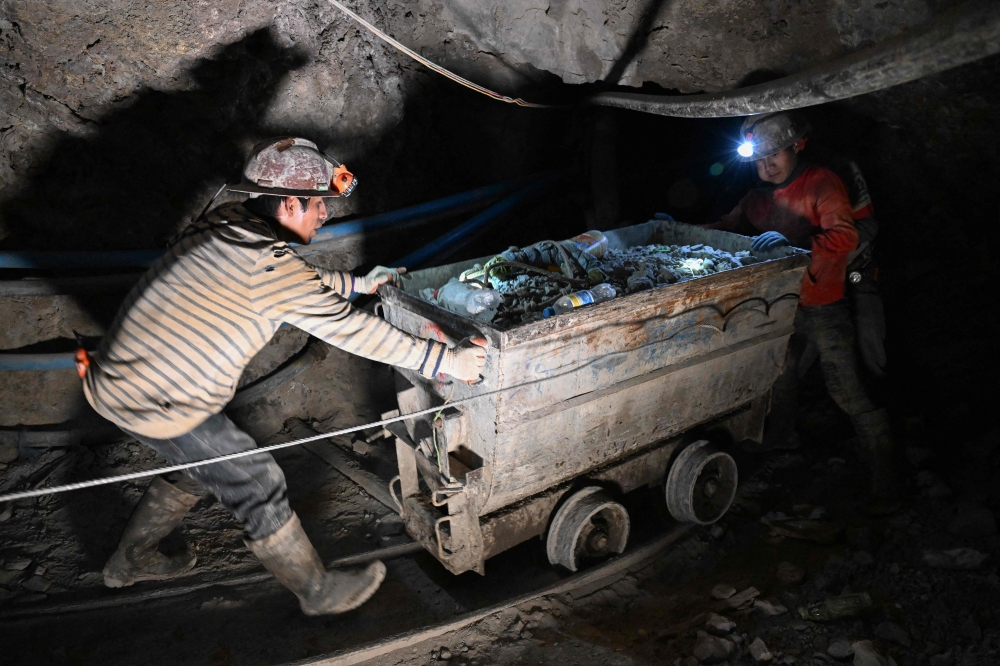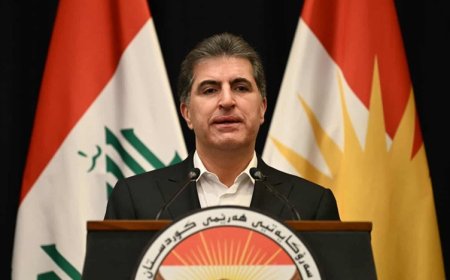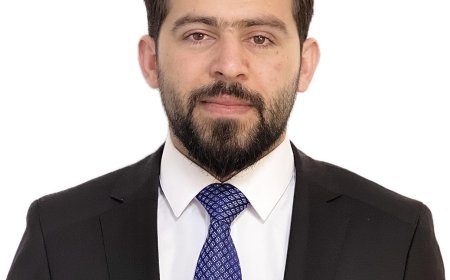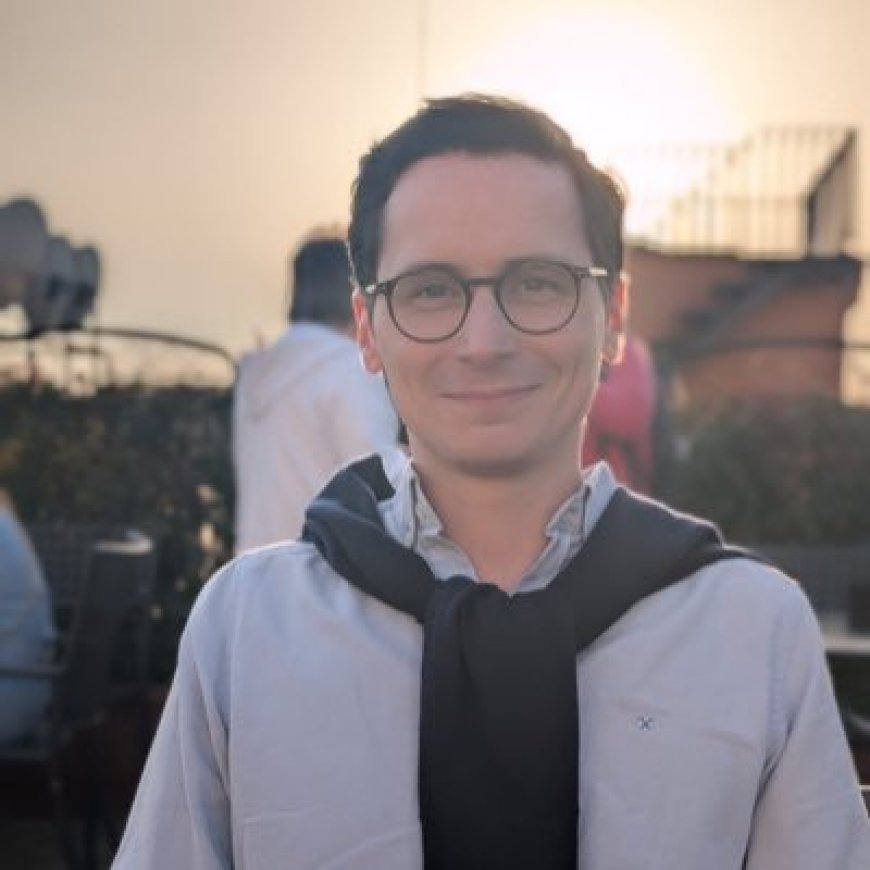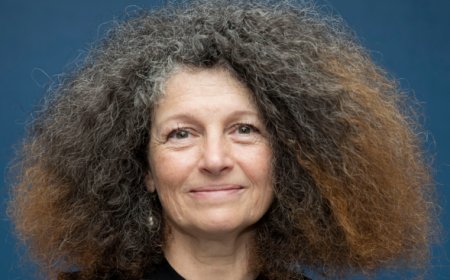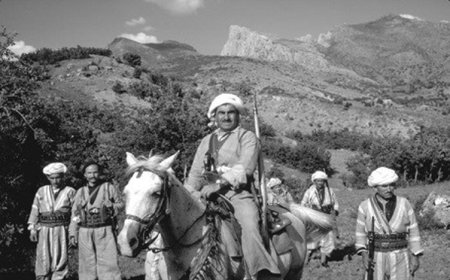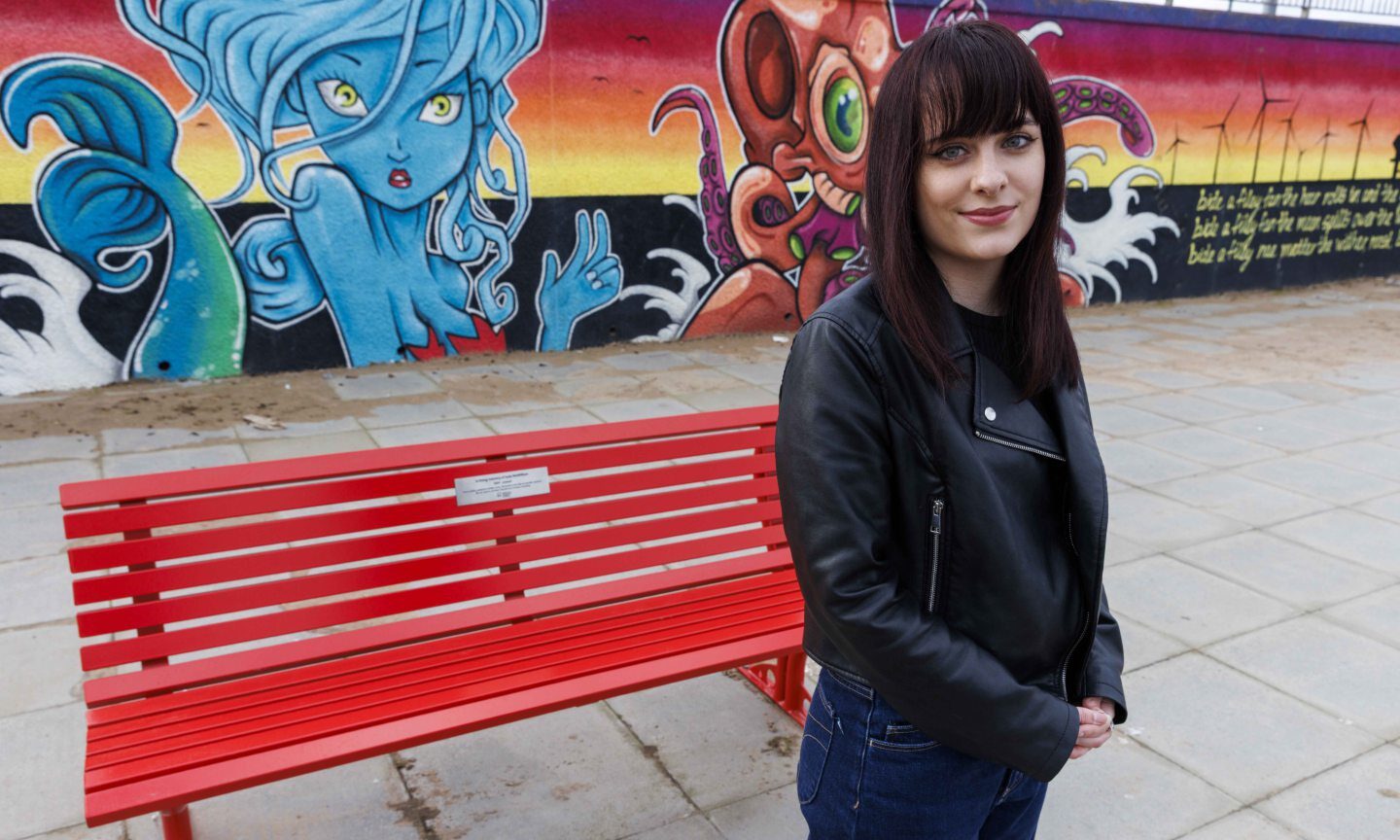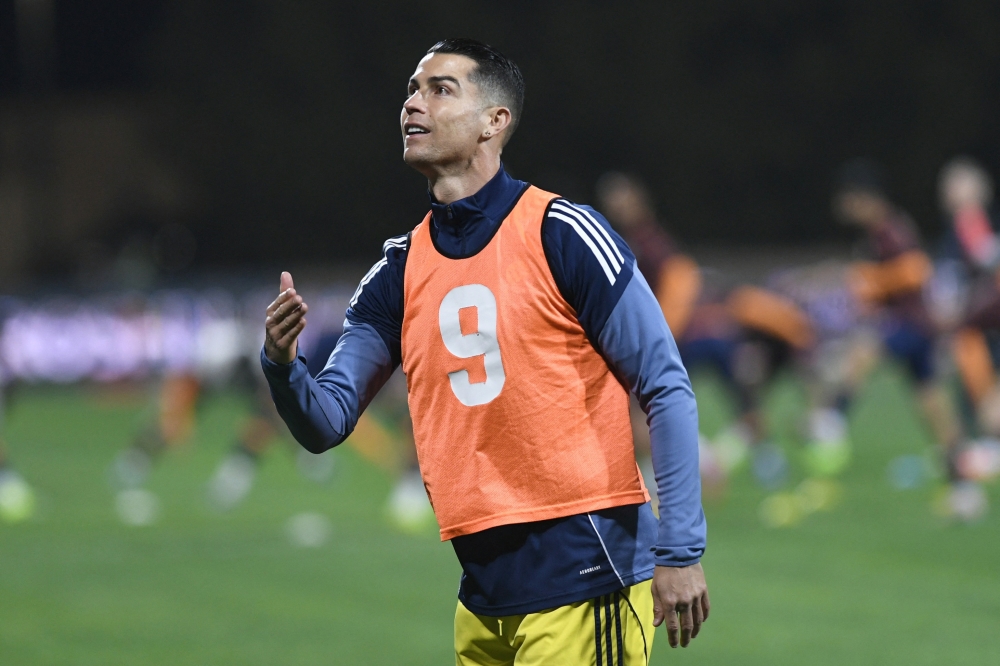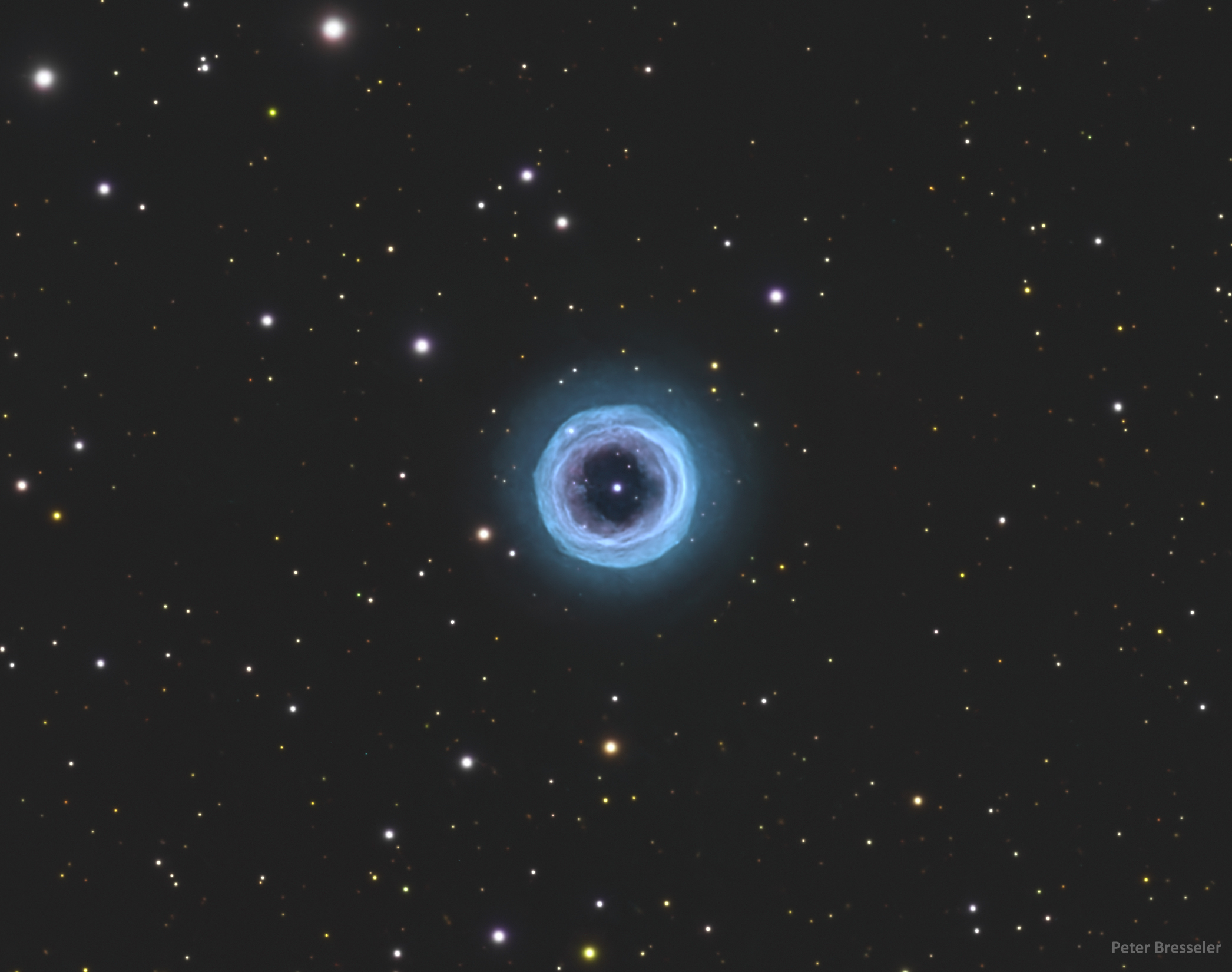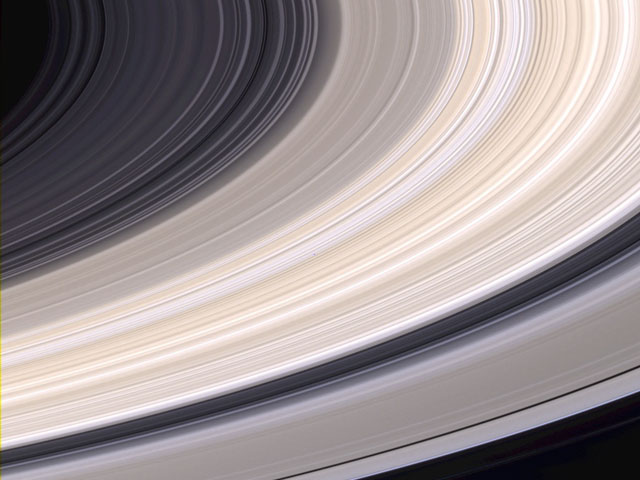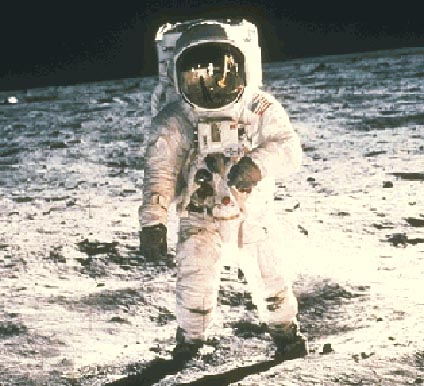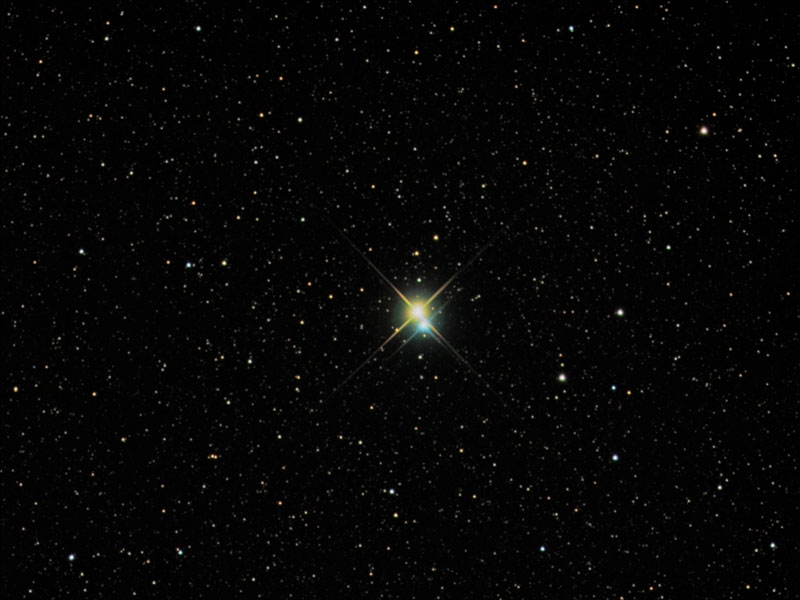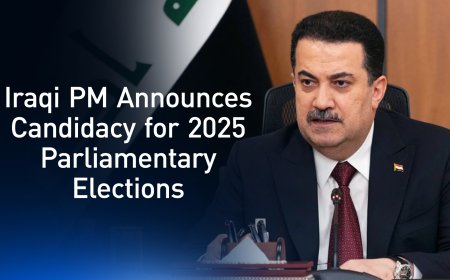Even as Putin shields Assad, Syria’s Sharaa seeks to 'redefine' Moscow ties
Syrian President Ahmed al-Sharaa arrived in Moscow in a visit overshadowed by the presence of ousted President Bashar al-Assad in Russia and Moscow’s attempts to maintain its military presence in Syria.
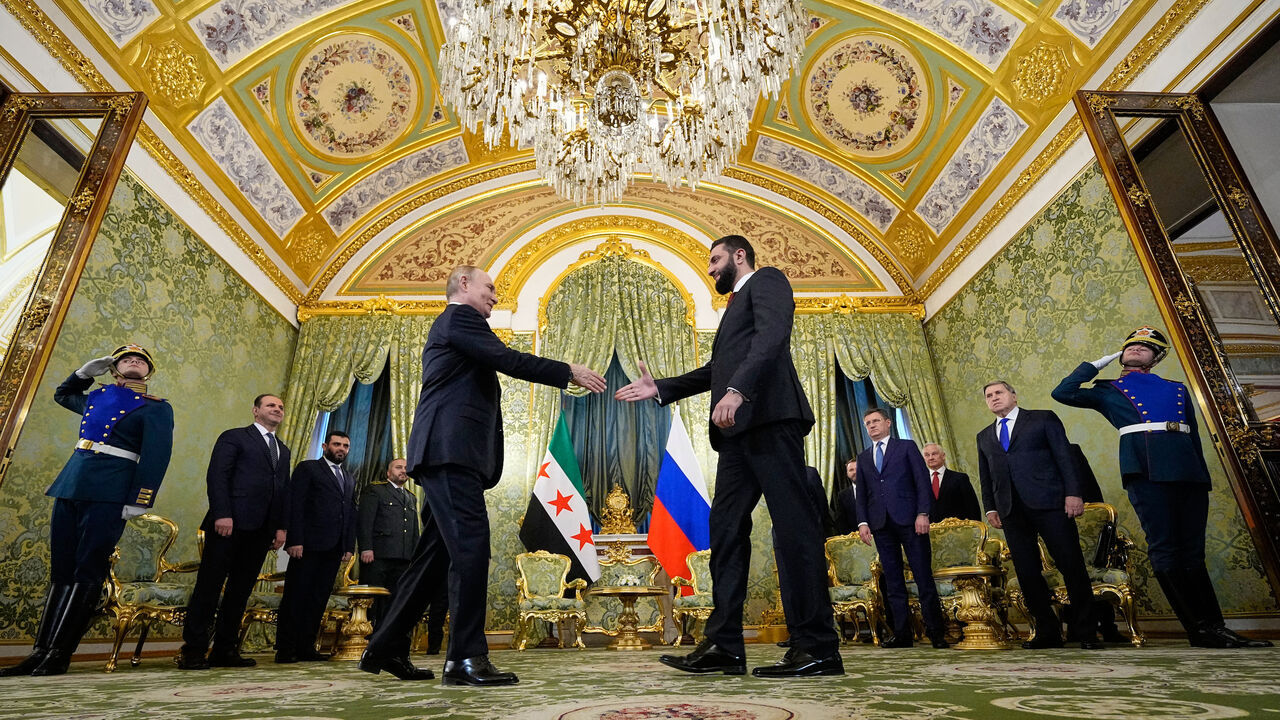
Russian President Vladimir Putin hosted Syrian President Ahmed al-Sharaa on Wednesday on his first visit to Moscow since the fall of the Assad regime late last year, signaling a potential reset in ties between the two countries.
During their meeting at the Kremlin, Putin praised the “friendly relations” between Russia and Syria, saying these ties have always been guided by the interests of the Syrian people.
“We in Russia have never had any relations with Syria that were tied to political circumstances or special interests. Throughout these decades, we have always been guided by one thing: the interests of the Syrian people,” Putin said.
Putin had been a staunch ally of ousted President Bashar al-Assad. After the civil war erupted in Syria in 2011, Russia provided political and military support to the former regime. In September 2015, it formally entered the war, providing air support to Assad’s forces against the opposition. Russia’s military intervention helped Assad regain much of Syria’s territory in recent years.
Commenting on the parliamentary elections held in Syria earlier this month, Putin described the process as “a great success and a step toward the consolidation of society.”
“Syria is going through difficult times, but the recent parliamentary elections will strengthen cooperation between all political forces,” he said.
Russia seeks engagement
Putin went on to say that his country is ready to engage with Syria through their respective foreign ministries.
For his part, Sharaa described his visit to Moscow as “very important.”
“We are trying to promote the new Syria around the world, and Russia is one of the countries with which we have good relations,” he told his Russian counterpart.
“We respect all past agreements with Russia,” he went on, adding, “We are working to redefine the nature of relations with Russia.”
Sharaa was accompanied by Foreign Minister Assaad al-Shibani and Defense Minister Maj. Gen. Murhaf Abu Qasra. He is also expected to meet with members of the Syrian community in Russia, SANA reported.
The fate of Russia’s military bases in post-Assad Syria is also expected to be addressed. Reports also suggested that Sharaa may ask Russia to hand over ousted President Bashar al-Assad, who was granted asylum by the Kremlin after the fall of his regime.
Russia and Syria are seeking to recalibrate their relations following the ouster of Assad, Moscow’s longtime ally, last December.
Sharaa and Putin had spoken on the phone back in February. The Russian leader reaffirmed Russia’s support for Syria’s unity and territorial integrity and expressed his country’s readiness to provide humanitarian aid to Syrian residents.
In March, Putin sent a letter to Sharaa in which he offered Russia's "practical cooperation" with Damascus "in order to strengthen traditionally friendly Russian-Syrian relations," according to the Kremlin.
Officials from both countries have exchanged a number of visits as part of the efforts to reset Russian-Syrian ties that up to last year were based on the strong alliance between Assad and Putin. Last month, a high-level Russian delegation headed by Deputy Prime Minister Alexander Novak held talks in Damascus with Syrian officials focused on bilateral cooperation in security, economy, defense and energy.
In late July, Syrian Foreign Minister Asaad al-Shibani paid a visit to Moscow. During his talks with Putin, Shibani said his government stands ready to reset Syria’s relations with Moscow in order to reach a balanced partnership.
Russian military presence in Syria
Moscow maintains three military bases in Syria, which are its only official military outposts in the Middle East. The Tartous naval base provides Russia’s sole access to the strategic Mediterranean Sea. Russia's Hmeimim Air Base was established in 2015 as part of its military intervention in the country. In November 2019, Russia established its third military base in Syria, building a helicopter base at the Qamishli airport in northeast Syria.
These bases facilitate the movement of Russian forces and equipment across the Middle East and into Africa, including in Libya and the Red Sea.
With the fall of Assad, who had received Russia’s unwavering support against rebel groups throughout the Syrian civil war, Moscow grew concerned about its role and military presence in Syria and the region. Shortly after Assad's fall, Russian military personnel and equipment were seen evacuating Syria. Still, reports and statements suggest that Russia still maintains a military presence on its Syrian bases.
On Monday, Lavrov told journalists from Arab countries in Moscow that Syria would like to maintain the Russian military bases, but may repurpose them given the new reality on the ground.
“The Syrian side is interested in maintaining our military bases there. As our president has repeatedly said, we will be guided by Syria’s interests in this matter,” Lavrov said, adding, “It is clear that under the new circumstances, these bases may play a different role, not just as military outposts.”
Syrian officials have not commented on his remarks.
The Syrian Observatory for Human Rights reported Tuesday on the arrival of large Russian military reinforcements to the Hmeimim base from Tartous. According to the SOHR, a convoy of around 50 trucks loaded with containers and fuel tankers and escorted by Russian military police were seen entering Hmeimim.
The UK-based war monitor, which has a vast network of sources on the ground in Syria, has documented at least five similar movements since Oct. 1, in what appears to be part of Russia's efforts to maintain and beef up its presence in Syria, which it views as strategic, while making overtures to the new authorities. Neither Russia nor Syria have commented on the reports.
Will Russia hand over Assad?
Ahead of Sharaa’s arrival in Moscow, reports emerged that the Syrian leader plans to formally request that Russia hand over Assad to the Syrian authorities for trial over alleged crimes against Syrians.
Assad and his family had fled Syria as rebels advanced toward the capital Damascus back in December 2024 and sought refuge in Moscow. The rebels, led by the Islamist Hayat Tahrir al-Sham group headed by Sharaa himself, declared the fall of the Assad regime on Dec. 7. Sharaa was appointed interim president the following month and a new government was established in March.
In an interview with CBS News on Sunday, Sharaa said his government will pursue legal routes to bring Assad to justice and avoid clashing with Russia.
“We will use all legal means possible to demand that Bashar al-Assad be brought to justice. However, engaging in a conflict with Russia right now would be too costly for Syria. Nor would it be in the country's interest,” he said.
Lavrov said during his remarks to the reporters on Monday that Assad was not a political refugee, stressing that Moscow granted him asylum on humanitarian grounds as “he and his family faced physical extermination.”
In late September, a Damascus judge issued an arrest warrant in absentia for Assad on charges of premeditated murder, torture leading to death and deprivation of liberty. The decision paves the way for pursuing the case internationally through Interpol.
According to SANA, "The judicial decision opens the door for circulating the warrant through Interpol and pursuing the case internationally," though it remains unclear if an official process has been launched.
During the more than five-decade rule of the Assad family in Syria, reports of summary executions, arbitrary detentions and forced disappearances abounded. Human rights violations peaked after regime forces launched a brutal crackdown against the 2011 anti-government protests, which triggered the 13-year civil war in Syria.
[Source: Al-Monitor]
